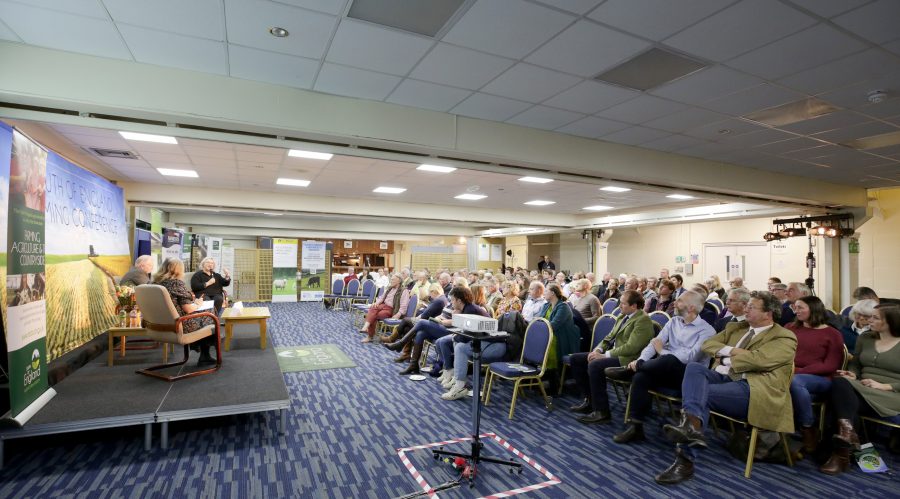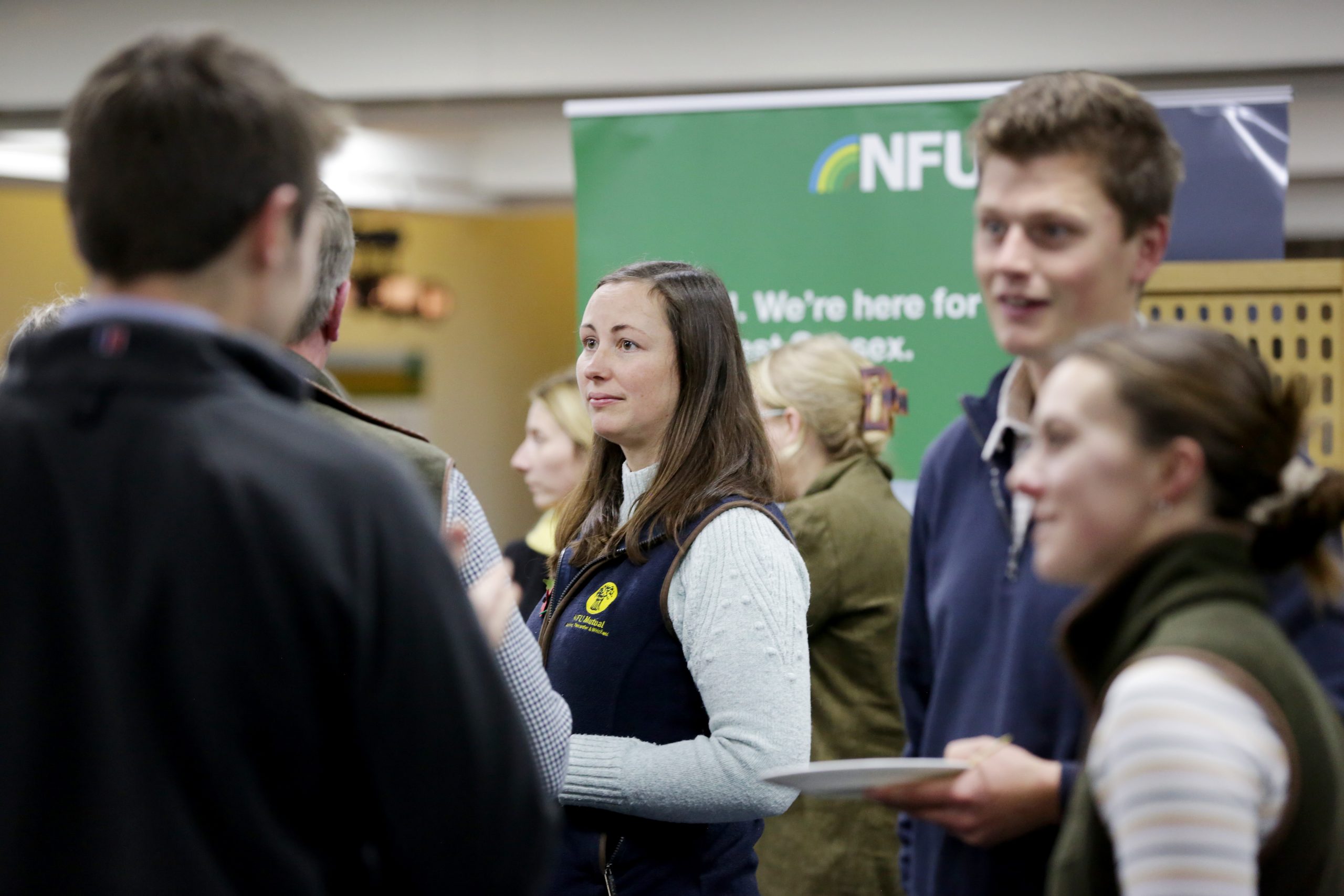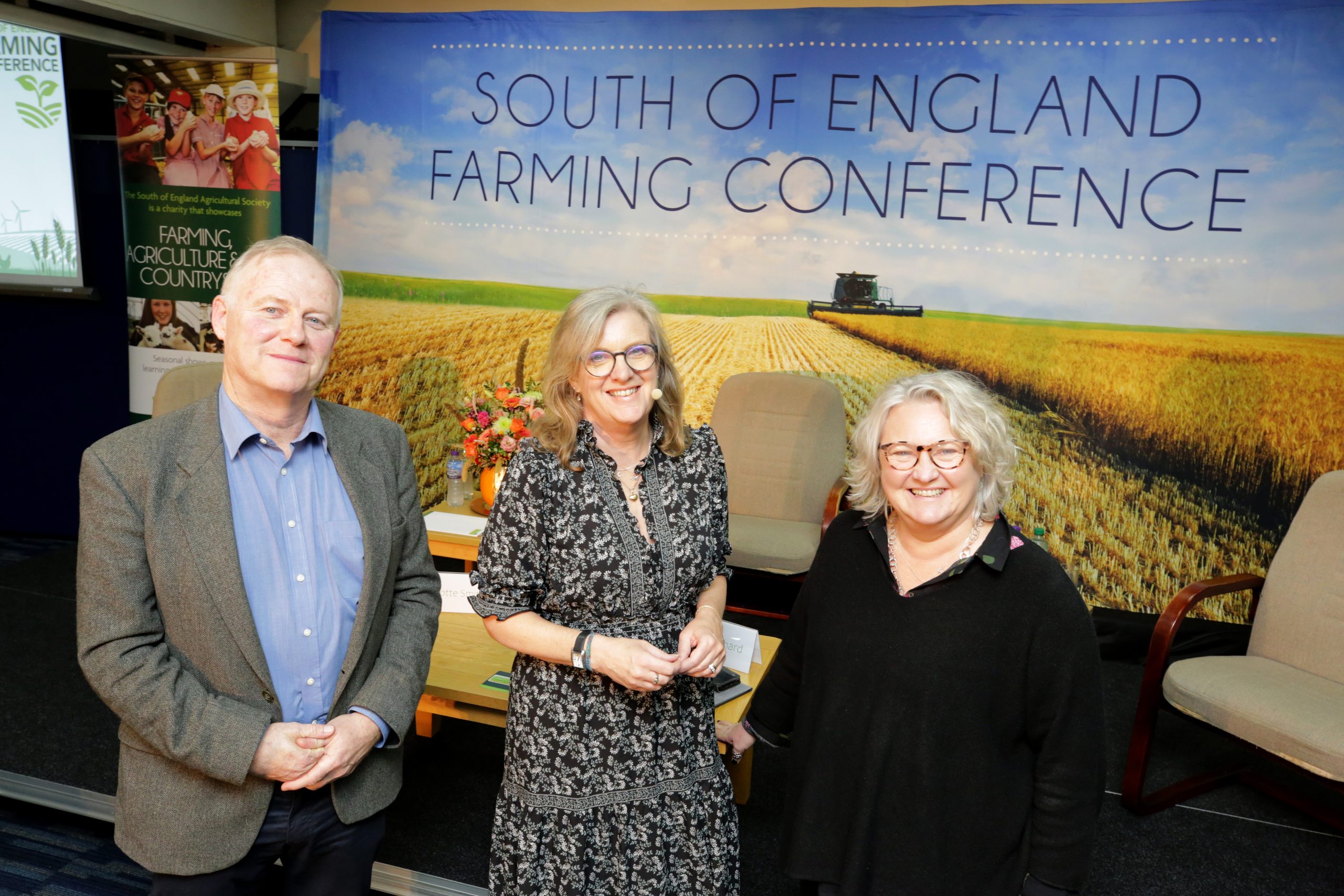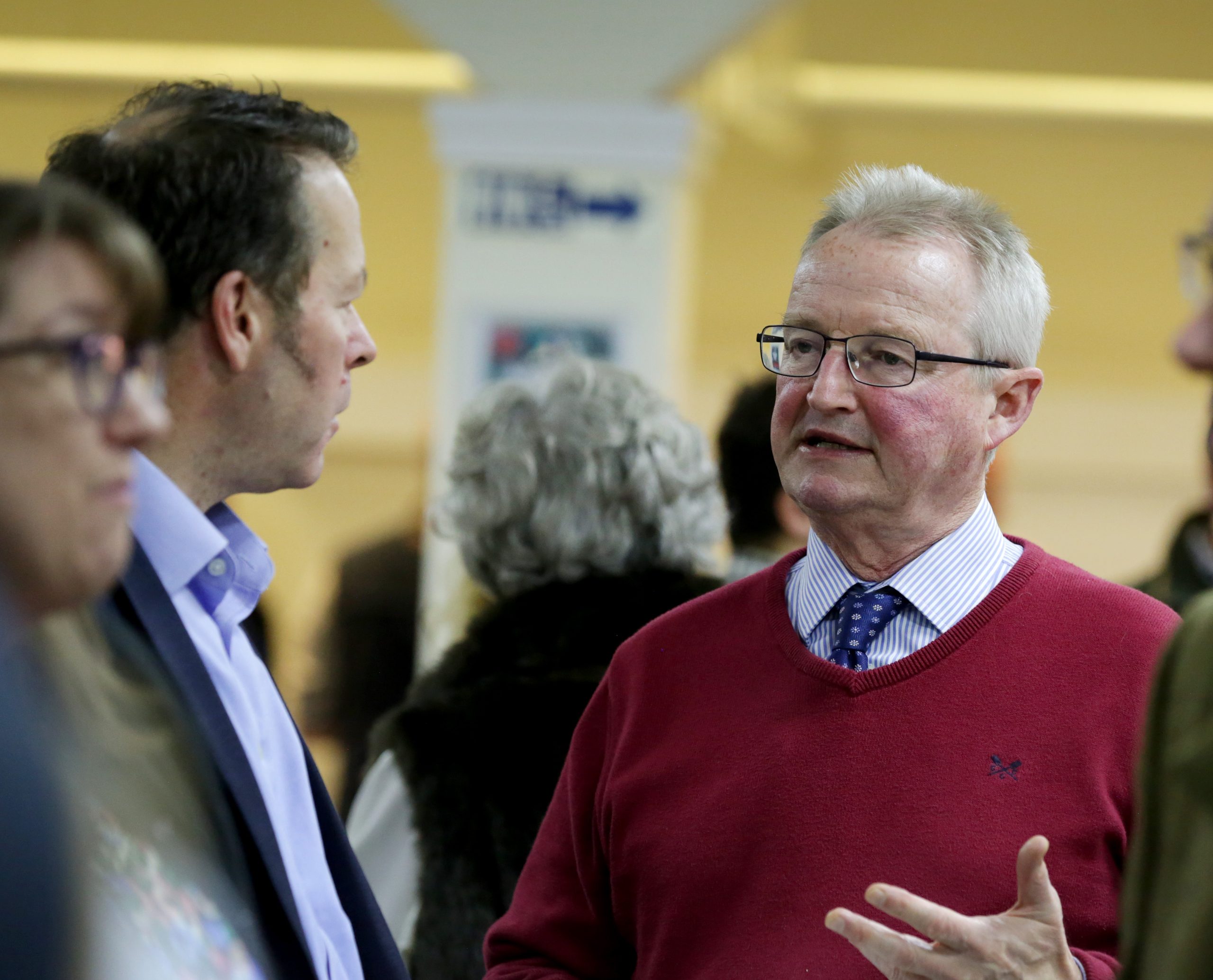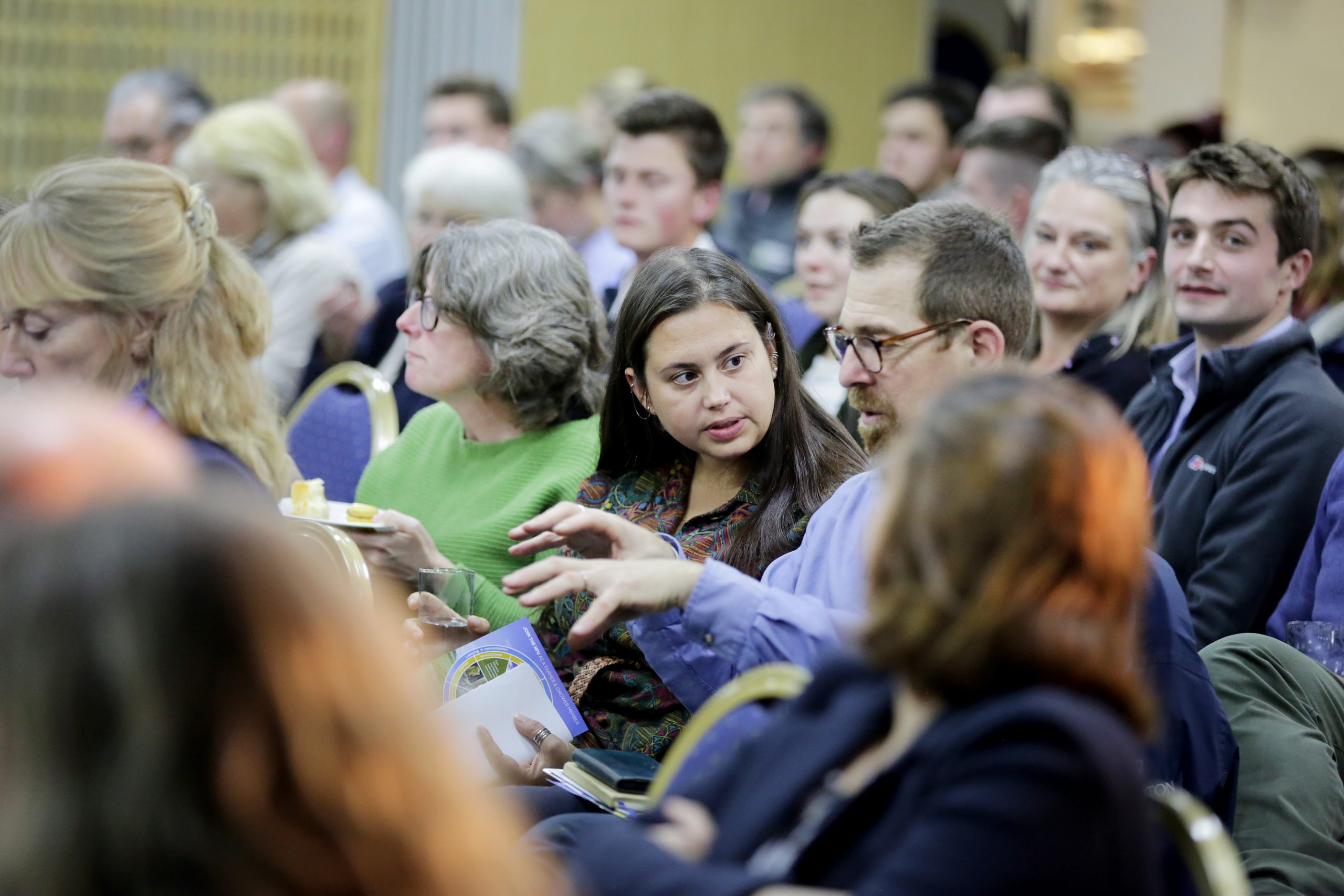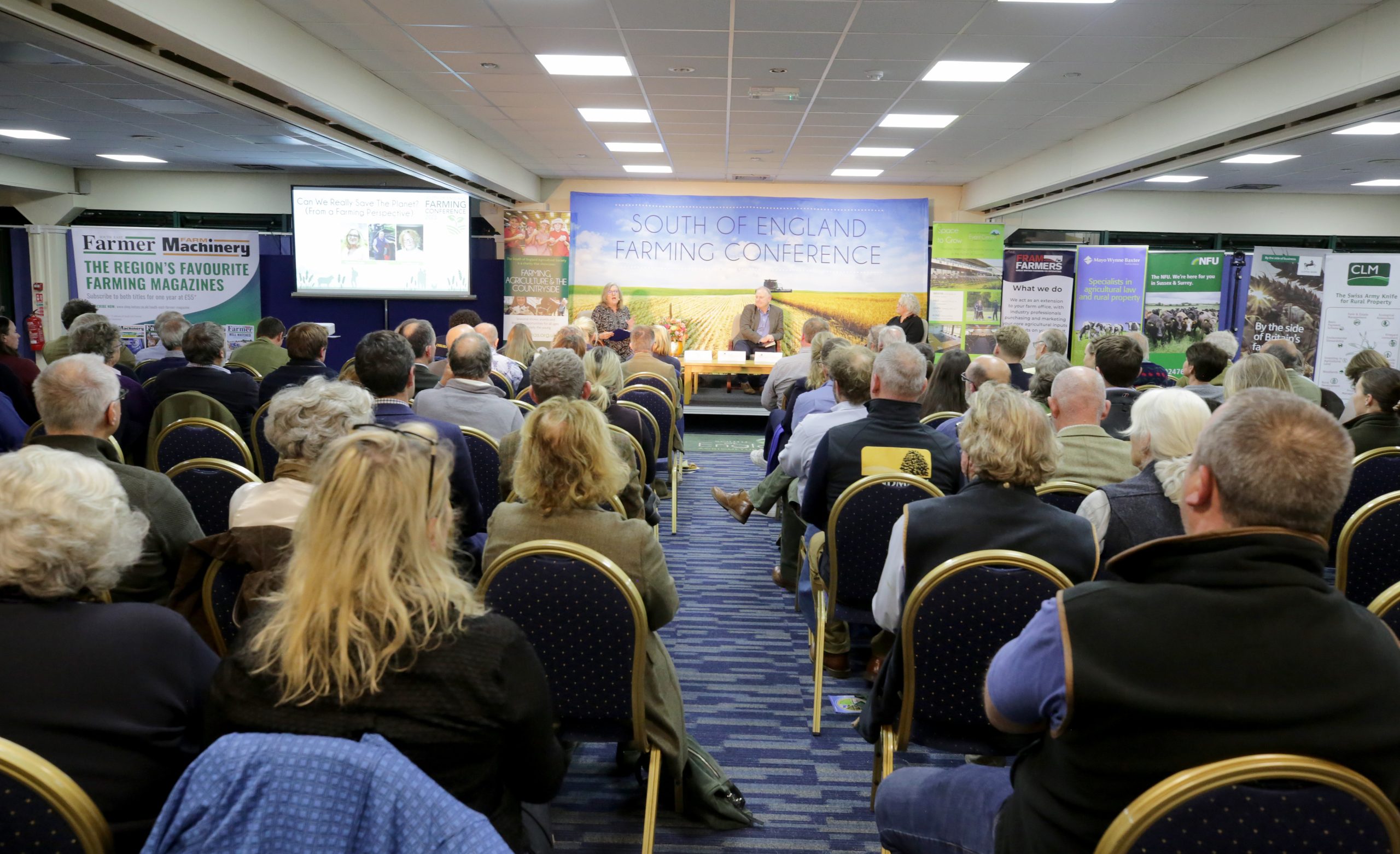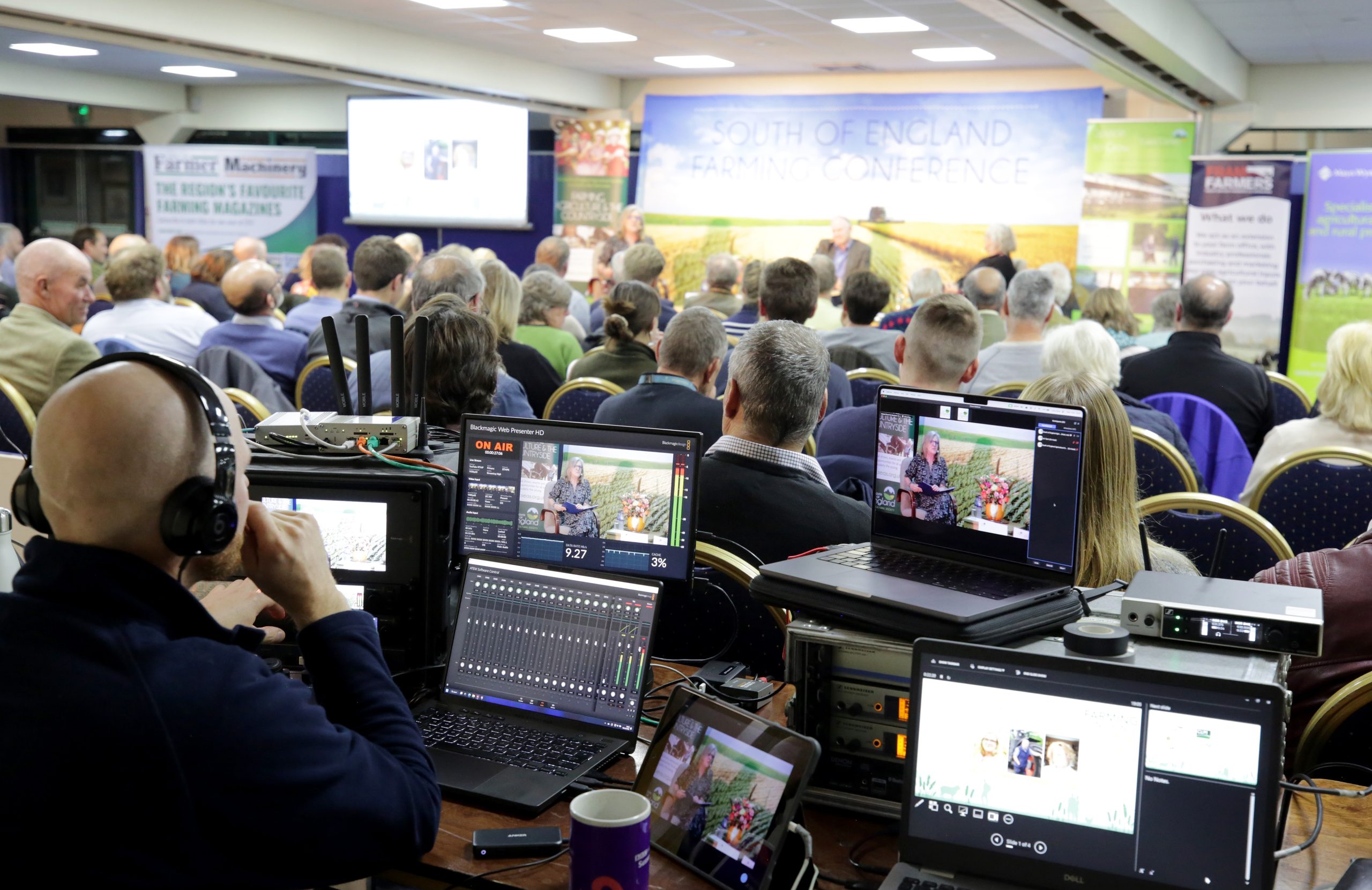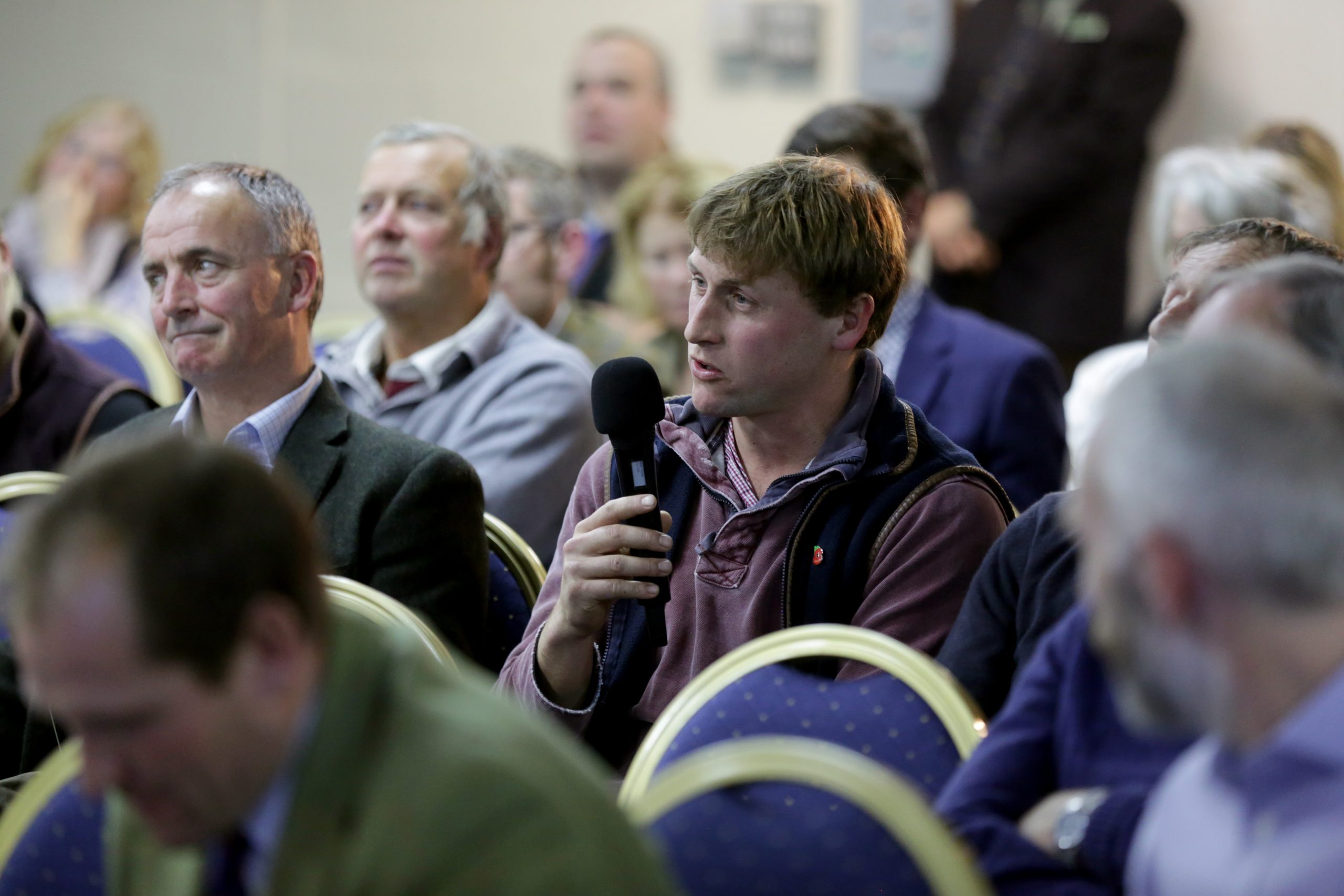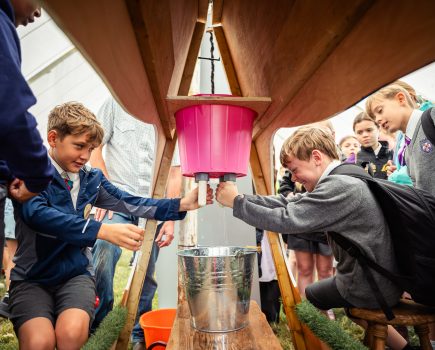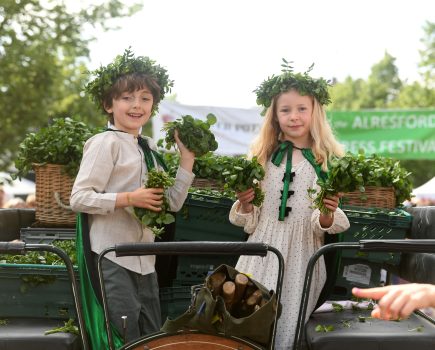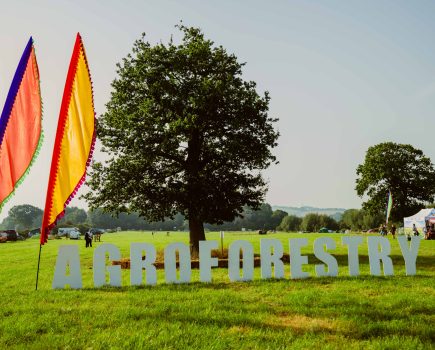There was an unequivocal answer to the question posted at this year’s South of England Agricultural Society annual farming conference held at the South of England showground at Ardingly.
Well over 200 landowners, farmers, technical experts and industry representatives from across the South East attended the popular event, both in person and online, which set out to consider whether or not “we” could “really save the planet (from a farming perspective)”.
The answer, it turned out, was that we have no choice – although the “how” remained unclear after a detailed and fascinating debate around the challenges facing the planet, farming and humanity.
Posed the question at the end of the debate, panel member Sue Pritchard, Chief Executive of the Food, Farming, and Countryside Commission responded: “We don’t really have a choice. The alternative is pretty grim. So the question is not ‘can we’, but ‘how can we’.”
Phil Jarvis, Chair of Albanwise Farming and Environment and the evening’s other panellist, agreed: “Yes. We’re going to have to. We have got to get ourselves in a place whereby, first and foremost, if we’re producing food, we are doing it sustainably.”
Joining the two impressive speakers on stage to chair the evening and, later, field questions from the audience in a lively Q&A session, was BBC Radio 4’s Farming Today host Charlotte Smith, who was introduced, along with the other guests, by Society trustee Tom Gribble.
The panel began by looking at the challenges facing farming, with Phil pointing out: “Fourteen months ago we had fields on fire and now we are having to cope with floods”, adding that market volatility and global issues added to the pressure on the industry but pointing out that farmers would meet the challenges with their normal resilience.
Sue underscored the necessity of confronting these challenges, asking tough questions and working together to find solutions, citing the inspiration provided by events such as Groundswell.
Moving on to the changes required to meet the challenges, Phil highlighted the importance of business planning and the need to explore opportunities in the environmental sector, such as those related to the Sustainable Farming Initiative, which he pointed out could cut input costs as well as earning grant payments.
Sue pointed out that while farmers were holding a lot of the risk associated with farming for little reward, commodity traders were “making huge profits” while the rest of the population was coping with a cost-of-living crisis.
Sue suggested that instead of referring to ‘subsidies’ for farmers, payments should be considered as government investments aimed at helping the farming sector transition to a sustainable and resilient footing, in the same way as government promoted the switch to renewable energy using devices like feed-in tariffs.
Phil again stressed that while SFI payments were less than Basic Payment, there was considerable potential for win-win situations if farmers were paid to farm in a way that also saved money, by using less fertiliser, for instance. While he agreed that the paperwork could be frustrating, it was an avenue worth pursuing , he said.
On the need for a clear government strategy, Phil summed up the frustration that emerged during the evening when he observed: “The problem currently is that no one is getting past the aims and objectives stage; they are just having meeting after meeting.”
Sue argued that while setting frameworks and providing clear direction was essential, individual farmers should be free to create their own strategies based on their conditions and context. The panellists agreed on the importance of government providing support and policies to help farmers rather than imposing a single, overarching strategy.

